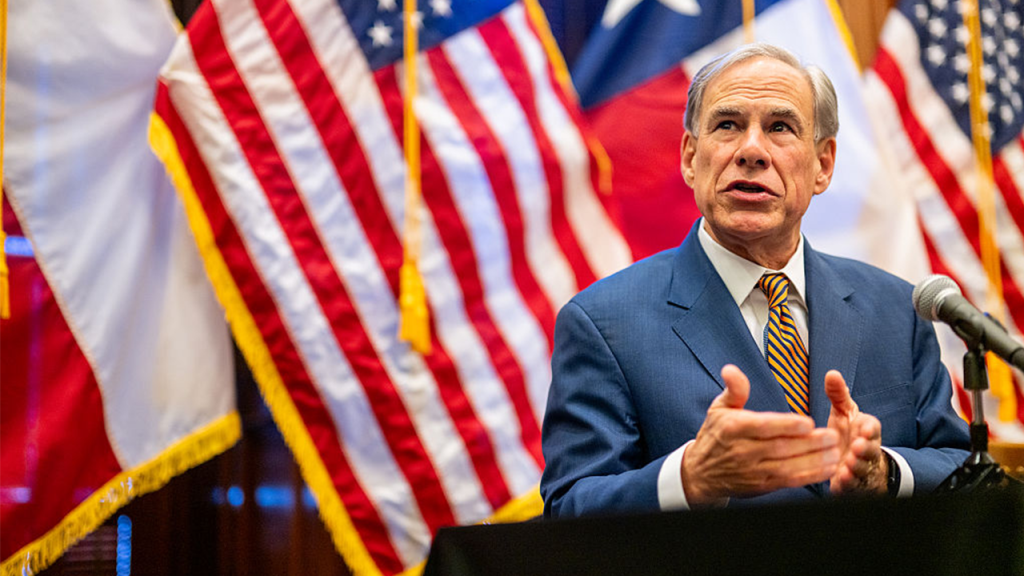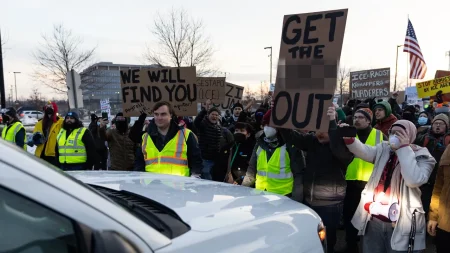Muslim and Interfaith Leaders Challenge Texas Governor’s CAIR Designation
A coalition of Muslim and interfaith leaders has launched a significant pushback against Texas Governor Greg Abbott’s recent proclamation designating the Council on American-Islamic Relations (CAIR) as a “foreign terrorist organization.” The controversial state-level designation, which lacks the legal authority of a federal terrorist listing, has sparked intense debate across religious and political lines in Texas. While the governor’s order also labeled CAIR a “transnational criminal organization” and prevents the group from purchasing land in Texas under a new statute targeting “foreign adversaries,” it operates without the backing of federal designation, as only the U.S. State Department holds the authority to issue Foreign Terrorist Organization (FTO) listings that trigger federal terrorism penalties.
At a press conference held Tuesday, representatives from various Muslim organizations forcefully denounced Abbott’s proclamation, characterizing it as defamatory, destructive, and dangerous to Muslim Americans. CAIR has responded with legal action, filing a lawsuit against Texas that argues the governor’s declaration violates both the U.S. Constitution and state law. The organization’s legal challenge centers on First Amendment protections and due process rights, while also asserting that Texas has overstepped its authority by making terrorism designations—a power traditionally reserved for federal authorities. “The governor is attempting to punish the nation’s largest Muslim civil rights and advocacy organization simply because he disagrees with its protected First Amendment rights to criticize a foreign state that is conducting genocide,” argued Mustaffa Carroll, executive director for CAIR Dallas Fort Worth, emphasizing that such action contradicts both constitutional principles and Texas law.
Community leaders speaking at the press conference highlighted CAIR’s 31-year history of opposing terrorism and combating bigotry. Marium Uddin of the Muslim Legal Defense Fund directly challenged the governor’s characterization, stating: “You know that CAIR has condemned Hamas attacks. You know that CAIR has spent 31 years fighting terrorism and bigotry. You know that the terrorism boogeyman you invoke is nothing more than a tired, formulated playbook to stoke fear of Muslims.” This sentiment reflects the frustration many Muslim Americans feel when their civil rights organizations are portrayed as extremist despite long records of legitimate advocacy work within the American democratic system.
The controversy has united leaders across religious lines, with Jewish voices joining Muslim leaders in opposing Abbott’s designation. Deborah Armintor from Jewish Voice for Peace expressed “unwavering support” for CAIR’s lawsuit against what she termed the governor’s “false and unconstitutional proclamation.” This interfaith solidarity underscores how the designation has alarmed civil liberties advocates beyond the Muslim community. State Representative Terry Meza, a Democrat, added a legislative voice to the opposition, warning that the governor’s words “are not just wrong, they’re dangerous” and pose a specific threat to Texas’s Muslim communities who may face heightened discrimination or suspicion as a result.
The legal battle emerging from Abbott’s proclamation touches on fundamental questions about state versus federal authority in matters of national security. The governor’s decree not only targets CAIR but also extends the “terrorist” label to the Muslim Brotherhood, despite neither group having been classified as such by the federal government. This discrepancy highlights the unusual nature of the state-level designation and raises questions about whether states can independently classify organizations as terrorist entities when the federal government has not done so. Legal experts note that such state-level designations create confusion in areas traditionally governed by federal policy and potentially undermine the coherence of U.S. national security strategy.
As the lawsuit proceeds through the courts, the outcome remains uncertain, with significant implications for religious freedom, civil liberties, and state powers. If upheld, Abbott’s order could empower other states to issue similar designations against organizations they deem problematic, potentially creating a patchwork of varying terrorism designations across the country. If struck down, the ruling could reinforce federal primacy in terrorism designations and strengthen protections for organizations engaged in constitutionally protected advocacy. Regardless of the legal outcome, the controversy has already deepened political divisions in Texas while raising awareness about the challenges facing Muslim civil society organizations in an increasingly polarized America. For Texas’s Muslim communities and their allies, the fight against this designation represents not just a legal challenge but a struggle for full recognition of their rights as American citizens.















